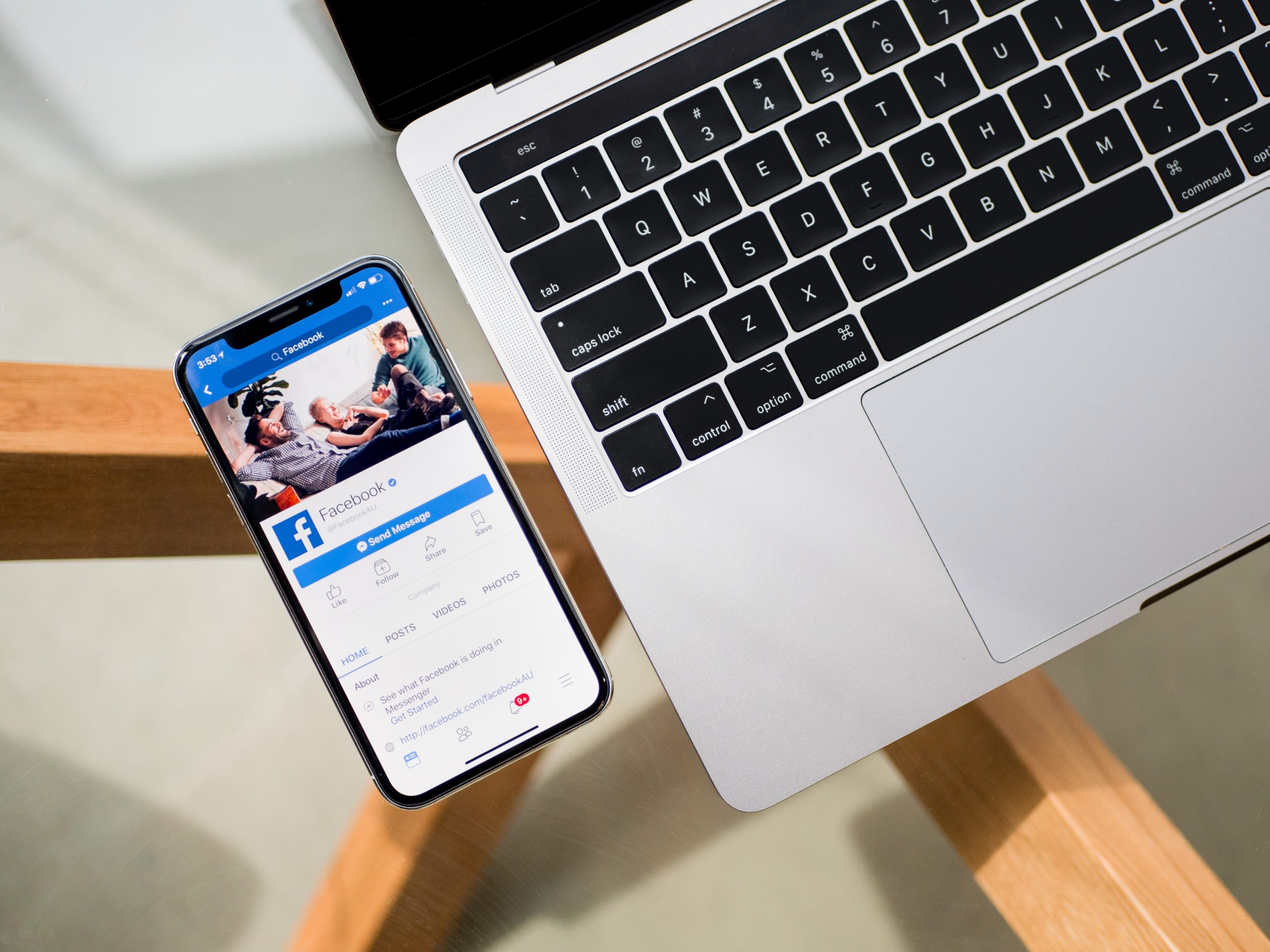
My upper-level History course students at Baylor recently asked whether I get hostile tweets directed at me. "Every day," I responded. Yet I know that some people with a bigger social media presence, especially women, often get a barrage of loathsome trash thrown their way that makes the flak I get look insignificant in comparison.
How do you manage the hostility online? Some people, such as my Baylor friend Alan Jacobs, have left Twitter altogether, and the hassle was one reason why he did. If you are going to have an active presence on Twitter and Facebook, you simply have to come up with strategies to manage the abuse and (garden-variety) ill-considered, inane, and rude comments that come your way.
One obvious approach to tone down the flak is simply to avoid controversial subjects. There are undoubtedly some people on Twitter who would still be provoked by cute cat videos, but probably less so than strident pronouncements about the 2020 election. It is no good to be a bomb-thrower on Twitter and then wonder why you're receiving so much blowback.
But social media is a catch-22 when you are trying to develop an active professional presence. You don't have to be a crass provocateur to know that more pointed comments will get you more traffic, comments, and retweets. We all like the retweets, but more exposure will mean more hostility. It's just the way these platforms work. Thus you need to give some thought toward what type of social media player you're going to be.
I try to be someone who shares credible content by others and by me about American history, evangelicals and politics, and related topics. I also sometimes weigh in on current cultural and political controversies, especially ones that fall in my lane as a professor and author. I'm not interested in constantly stoking social media furor, but every week or so I do go on a bit of a "Twitter rant" when I speak into some current controversy.
Because I do this (and because I usually tweet a number of times per day), I have adopted settings to minimize notifications. I also no longer have Twitter on my phone. I changed these settings because I was getting worn out with the constant negative inputs from anyone anywhere on Twitter.
I especially love the people on social media where we know that we don't agree with one another, but we follow each other in order to learn, and don't feel like we've got to say something every time we disagree with the other's perspective.
I am constantly following and unfollowing people for all manner of reasons on both Twitter and Facebook (Share too much about your kid's sports team? Bye bye!). My wife is basically the only person whom I would never unfollow. You can't worry about what other people will think if you unfollow them, especially if social media is primarily a means of professional outreach. Please don't ask why or complain to them if you do get unfollowed by someone. I tend to reserve "blocking" on Twitter for people who are outlandishly hostile, profane, or salacious, and/or who appear to be fake accounts.
I am not as active on Facebook just because I find it is less effective for my purposes, and its algorithms are changing all the time to benefit Facebook, not us. But I am quick to block people there who make inflammatory comments on my posts. I find it especially stressful when close friends or family members see those comments and (sometimes) feel obligated to start arguing with a troll on my behalf. I just don't need that in my life.
Finally, there's Instagram. I enjoy Instagram more than Twitter or Facebook, because (so far) it is the calmer, quieter, more aesthetic social media platform. I can only remember someone personally trashing me there once (and I blocked them). But Instagram is not so great for sharing (say) blog posts and op-eds, so it has less value to me professionally than Twitter does.
You should set your own rules about your social media environment, if you are going to stay on it for the long term. And if it is causing you more stress and anxiety than you find manageable, by all means try changing your settings, deleting the apps, or taking a long break from it. Or delete your accounts altogether. In a professional sense, social media platforms have to be a tool for outreach and benefit, not stress and anxiety, or they're not worth it.
Editor's Note: This post was a recent edition of Dr. Kidd's regular e-mail newsletter. Subscribe to receive future editions of the newsletter directly to your inbox.

